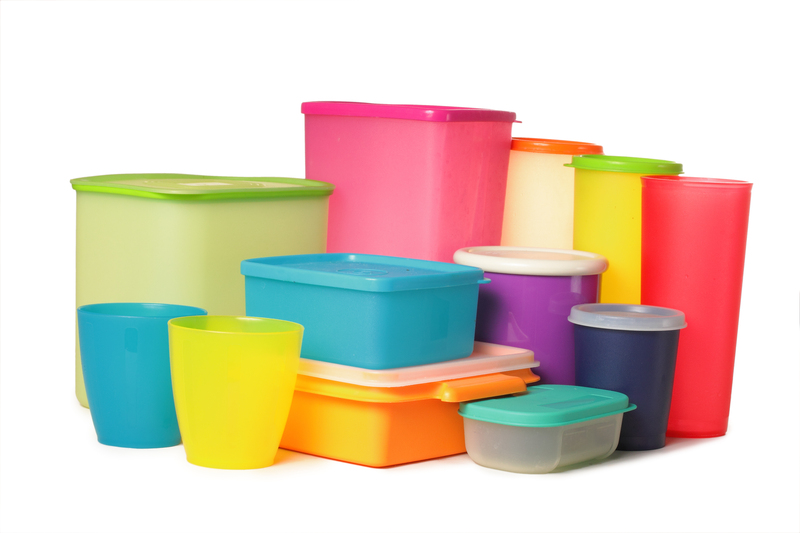Discover Smart Techniques for Proper PPE Waste Disposal at Home and Work
The use of Personal Protective Equipment (PPE) such as masks, gloves, face shields, and gowns, particularly since the COVID-19 pandemic, has become an everyday necessity for both households and workplaces. Proper PPE waste disposal is now a critical topic as it directly impacts public health and our environment. Improper handling of PPE waste increases the risk of virus transmission and pollutes our surroundings.
This comprehensive guide will help you discover smart techniques for disposing of PPE waste both at home and at work. By following the tips and steps outlined here, you can make a meaningful contribution to both your safety and the well-being of the planet.
Understanding PPE Waste and Its Environmental Impact
PPE waste includes items like disposable masks, gloves, face shields, and protective suits. Given their single-use nature, the volume of PPE waste has spiked globally, causing concern for both health authorities and environmentalists.
- Pollution: Improperly discarded PPE often ends up in landfills, water bodies, and even urban streets, causing pollution.
- Infection risk: Used PPE can carry viruses, bacteria, and other contaminants, endangering sanitation workers and the public.
- Wildlife hazard: Animals can mistake PPE for food or become entangled in it, leading to injury or death.
The proper disposal of PPE waste is everyone's responsibility, whether at home or in the workplace.

Smart Techniques for PPE Waste Disposal at Home
1. Segregate PPE Waste from Regular Household Garbage
The first crucial step in smart PPE waste management at home is segregation. This prevents cross-contamination and enables easier disposal.
- Designate a specific bin for PPE waste (disposable masks, gloves, etc.).
- Avoid mixing PPE waste with recyclables and organic waste.
2. Secure PPE Waste in a Disposable Bag
After use, place gloves, masks, and other disposable PPE in a sturdy plastic bag. Ensure the bag is not leaking or torn.
- Use a bag that can be properly sealed to prevent exposure.
- Once full, tie the bag securely and clearly mark it if possible, indicating it contains PPE waste.
3. Store PPE Waste Safely Before Collection
To minimize the risk of spreading infection:
- Keep the sealed PPE waste bag out of reach of children and pets.
- Store it in a well-ventilated area away from direct sunlight and food preparation areas.
4. Dispose According to Local Guidelines
Always follow your municipality's instructions for PPE waste disposal. Some areas have specific collection days or disposal protocols for medical waste.
- If no guidelines exist, dispose of PPE waste with your regular trash, but avoid recycling bins as PPE is not recyclable through regular processes.
- Inform collectors or label bags to minimize risk to sanitation workers.
5. Consider Reusable PPE Alternatives
Switching to reusable masks and gloves where appropriate can dramatically reduce PPE waste generation.
- Wash reusable items following the manufacturer's guidance.
- Only use disposable PPE when necessary (for illness, high-risk encounters, etc.).
Smart PPE Waste Management Techniques in the Workplace
1. Educate and Train Employees
Awareness is the first step to effective PPE waste management in the workplace. All employees should understand:
- The importance of proper PPE waste disposal
- Where designated PPE waste bins are located
- How to safely dispose of their used PPE
2. Use Clearly Marked PPE Waste Bins
Deploy labeled, covered bins in strategic locations such as entrances, exits, break rooms, and workstations.
- Bins should be leak-proof and have foot-operated lids to minimize hand contact.
- Add multilingual signage if necessary to ensure full comprehension.
3. Implement Safe Handling and Collection Procedures
Assign trained personnel for collecting and transporting PPE waste to reduce risk exposure.
- Staff should wear proper PPE when handling waste bins.
- Transport waste using dedicated trolleys or carts.
- Sanitize bins regularly to prevent microbial growth.
4. Collaborate with Licensed Disposal Services
For larger workplaces or high-risk environments (e.g., healthcare, laboratories), it's vital to work with licensed medical waste management companies.
- These professionals have the proper equipment and protocols for safe PPE waste treatment.
- Ensure the company follows national and local regulations for hazardous waste disposal.
5. Foster a Green Culture: Reducing PPE Waste at Work
Encouraging responsible use and reduction of disposable PPE is key to minimizing waste.
- Limit PPE use to when it's truly necessary.
- Introduce washable, reusable PPE options and incentivize their use.
- Host regular training on waste minimization and environmentally friendly alternatives.
Safety Tips for Handling PPE Waste
Safe handling is crucial to avoid exposure to pathogens and reduce contamination risks. Here are the golden rules:
- Never touch the outside of used PPE with bare hands.
- If you must handle PPE waste, wear gloves and wash hands thoroughly afterwards with soap and water.
- Do not reuse or attempt to recycle used disposable PPE.
- After disposing of PPE, immediately clean and disinfect all surfaces that may have come in contact with the items.
- Educate family members and coworkers about the importance of these precautions.
Eco-Friendly and Innovative PPE Waste Disposal Methods
While immediate needs focus on safety, exploring sustainable and smart PPE waste management solutions ensures we're safeguarding the future as well as the present.
1. PPE Waste Recycling Initiatives
Some specialized recycling programs accept PPE waste, processing it into alternative products like construction materials or fuel. Check if your area partners with:
- PPE recycling firms (e.g., TerraCycle, CleanRiver)
- Municipal pilot programs that accept PPE for energy recovery
2. Biodegradable PPE Innovations
The market is seeing a surge in biodegradable masks, gloves, and protective suits made of plant-based materials. While adoption is still growing, consider opting for such products to reduce long-term waste.
3. PPE Waste to Energy
Some incineration plants can convert PPE waste into energy (waste-to-energy), minimizing landfill use and generating electricity or heat. Advocate for your municipality or employer to partner with such facilities if possible.
4. Support for Government and NGO Initiatives
Support and participate in community initiatives for PPE waste collection and management. Some NGOs provide special collection points or organize clean-up drives to tackle PPE littering in public spaces.
Frequently Asked Questions About PPE Waste Disposal
What should I do if I see PPE waste littering my neighborhood?
Always use gloves or a litter grabber to pick up used PPE. Place it in a sealed bag and dispose of it as described above. Wash your hands thoroughly after handling any waste.
Can I recycle my disposable masks and gloves at home?
No, disposable PPE cannot be recycled via typical curbside recycling programs. Their material composition and contamination risk require specialized handling.
Are cloth masks a safer option for the environment?
Yes, cloth masks are reusable and reduce waste significantly. Ensure you wash them properly and frequently, especially after exposure in crowded or high-risk settings.

Summary: The Importance of Smart PPE Waste Disposal Practices
Proper PPE waste disposal is vital for reducing public health risks and environmental impact. By applying the smart techniques outlined above at both home and work, you not only protect yourself and those around you but also contribute to a cleaner, safer planet.
- Always segregate and seal PPE waste.
- Follow local disposal guidelines or work with accredited waste handlers.
- Encourage responsible use and seek eco-friendly alternatives.
- Stay informed about new programs and sustainable innovations in PPE waste management.
With collective action and a commitment to safe PPE waste disposal, we can build a healthier, more sustainable future for all. Stay proactive and spread the word -- every mask, glove, and protective suit disposed of responsibly makes a difference!
Further Reading and Resources
- WHO: Advice for the Public on COVID-19
- EPA Guidelines for COVID-19 Waste Management
- CDC: Using PPE and Waste Disposal Protocols
Remember: Smart PPE waste disposal is not just a policy, but a practice that starts with each of us at home and in the workplace. Let's make it part of our daily routine!
